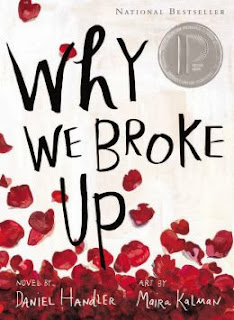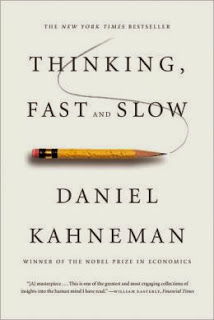 Robin Etherington is a comic book creator. He tagged his top ten graphic titles for the Guardian, including:
Robin Etherington is a comic book creator. He tagged his top ten graphic titles for the Guardian, including:Tintin and the Black IslandRead about the other entries on the list.
Long before Spielberg was approached by the creator's family to bring the world's most iconic comic character to life, Herge conjured up the Black Island, one of his most action-packed adventures. The Scottish scenery is beautifully rendered, the villains are as crooked as their crimes and the story grips you to the very end. If you only read one Tintin volume in your life, this volume is a must.
Tintin appears among Kate Pankhurst's top ten books starring young detectives, Penelope Bush's top ten teen twin books, Sally Gardner's top ten books for children with dyslexia, and Rachel Cooke's ten best graphic novels.
--Marshal Zeringue


















































